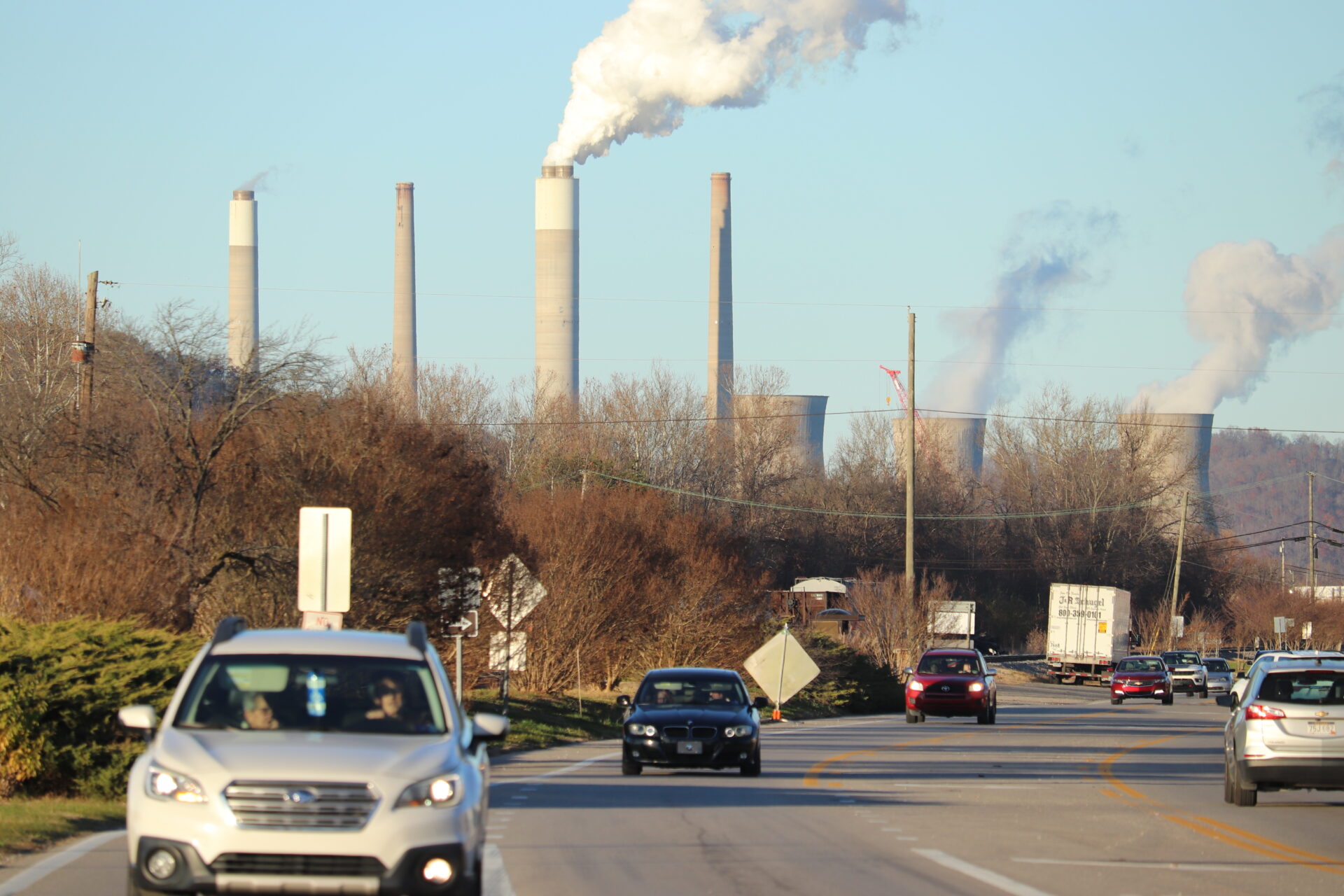Only 13 states in the nation have promised 100 percent transparency in how their settlement money will be distributed.
West Virginia’s distribution of opioid settlement funds is among the most transparent when compared to other states.
According to Opioid Settlement Tracker, an independent study of total distributions from nationwide settlements, West Virginia scored 72.5 percent in promised money being distributed to the public.
Only 13 states in the nation have promised 100 percent transparency in how their settlement money will be distributed.
The West Virginia First Foundation was created by the passage of Senate Bill 674 during the 2023 legislative session.
The Foundation is responsible for ensuring counties and other local governments appropriately spend hundreds of millions of dollars they will receive from settlements with opioid companies.
It will handle 72.5 percent of the state’s settlement funds, while 24.5 percent will go directly to local governments. The remaining 3 percent will be held in escrow by the state.
For the first seven years, 20 percent of the Foundation’s annual budget must be spent on regions, which in turn must report spending of its localities back to the Foundation.
The Foundation must publish “consolidated” expenditures annually, though it is unclear whether these reports will include amounts not devoted to regional spending.
Lyn O’Connell is the associate director for the Division of Addiction Sciences at Marshall University’s Joan C. Edwards School of Medicine. She also sits on the Governor’s Council on Substance Abuse Prevention and Treatment and is the chair of the public education subcommittee.
O’Connell also works with the city of Huntington in the Mayor’s Office of Drug Control Policy. She said it is important for communities to identify their short term and long term needs and a sustainability plan for that funding.
“Without addressing the big underlying issue, we’re still just painting the thing we’re gonna have to paint again next year,” O’Connell said. “So I think that’ll be key in helping and ensuring communities are aware of what they need, and then can build that infrastructure, because it won’t do us any good, to not build lasting infrastructure that hopefully changes the tide on these problems, rather than just expecting it to magically cure itself one day.”
O’Connell said the grant funds will be tracked and recommended other communities follow in Huntington’s footsteps.
“In Huntington we developed two toolkits, one called the ‘City of Solutions’, which was our response to being called the epicenter of the epidemic,” O’Connell said. “Then the second is the ‘Resiliency Plan’. The City of Solutions is retrospective of what we’ve done, and the Resiliency Plan is what we need moving forward.”
The Resiliency Plan outlines continued steps toward recovery from the effects of the substance use epidemic on Huntington’s community by sustaining existing approaches and establishing the necessary long-term solutions to fully recover and prevent similar future crises.
Erin Winstanley, a research scientist and associate professor at West Virginia University’s Department of Psychiatry, said she is concerned about the settlement money being distributed without clinical and scientific methods taken into consideration.
“What we know historically has happened is people without adequate knowledge of empirically based prevention and treatment interventions make decisions about the allocation of funds without understanding the scientific merit of what they’re investing in,” Winstanley said. “I think that leads to potentially poor and ongoing decisions. We really need to question ourselves. West Virginia has had the highest rate of overdose deaths for two decades, for 20 years and we could really potentially squander the opportunity to not just see a decline, but see demonstrable improvements in health and health and access to resources in West Virginia.”
Winstanley said it is important to remember many areas in West Virginia have been designated as health care shortage areas, calling it an access to care crisis.
“I do believe that evidence supports that provision of mental health care, particularly in adolescents and young children, is the primary prevention of drug abuse,” Winstanley said. “If we increase access to behavioral health care, mental health and substance use disorders, we will be able to move the needle on this and make demonstrable improvements. And so we really need to spend that money wisely.”
